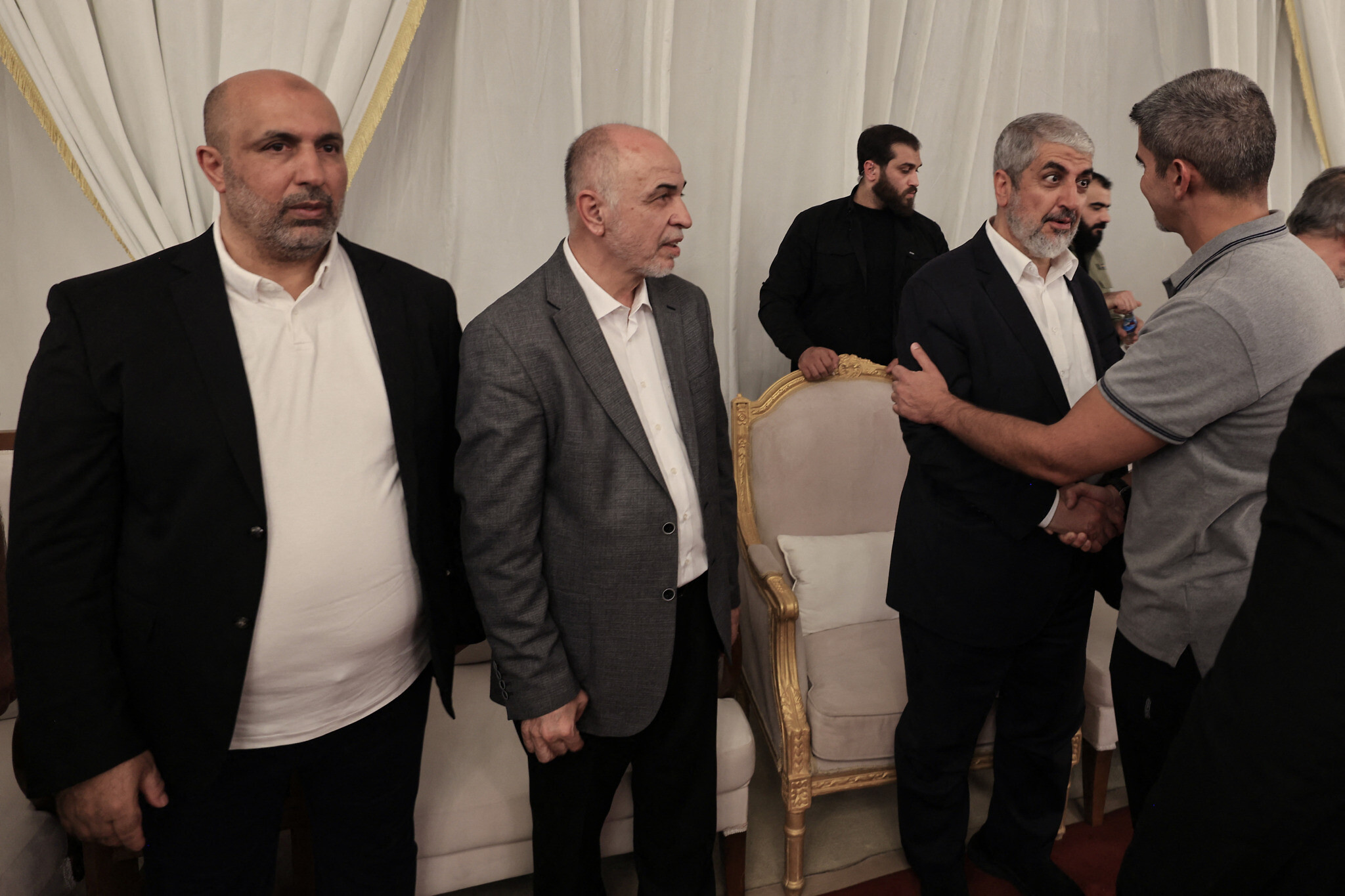The US has called on Qatar to rescind long-standing policies that allowed leaders of Hamas to live and stay in the country, questioning Doha’s leadership amid recent setbacks in negotiations towards a ceasefire and free of Hamas hostages.
The call from the US comes after Hamas rejected a proposal for a ceasefire supported by the US and as Gaza is increasingly becoming the middle of conflict, according to diplomats.
US Push on Qatar to Act
For over a decade, Qatar has been a haven for Hamas’s political leaders, first as part of a deal with the United States to help host peace talks. But after the latest failed attempts to reach a new ceasefire, the United States now considers the group’s stay in Qatar to be unsustainable. A senior administration official said that Washington recently told Qatar that it was time for the Hamas leaders to go. Qatar allegedly conveyed this message to Hamas leaders ten days ago.
Failed Negotiations on the Ceasefire
Qatar has led, along with the US and Egypt, the efforts to negotiate a cease-fire to end the hostilities in Gaza. The talks have repeatedly collapsed, most recently over Israeli demands for improved security and Hamas’s protest of last-minute changes that it says were made in a draft agreement. A week-long lull was negotiated in May, allowing hostages to be exchanged and aid to flow in, but hostilities flared quickly back up again.
Escalating Diplomatic Tension
Qatar’s continuing to maintain ties with Hamas has been widely condemned by US officials and politicians. 14 Republican senators recently wrote to the Department of State, urging the United States to freeze the assets of Hamas officials in Qatar and to pressure Doha to end support for the group’s leaders. Although Qatar Prime Minister Sheikh Mohammed bin Abdulrahman Al Thani has vocally supported the hosting arrangement as indispensable for access to diplomats, he also intimated that the current arrangement might change depending on circumstances.(More)
Escalating Tensions After Israeli-Hamas Violence
Tensions between Israel and Hamas escalated last year after the Islamist group’s October 7 attack on southern Israel had led to Israel’s counter-targeted strikes in Gaza, leaving massive casualties and a humanitarian crisis. After that, US officials, including Secretary of State Antony Blinken, have warned Qatar and other regional powers that the “business-as-usual” approach with Hamas cannot go on. In response, Qatari officials indicated openness to reevaluating the group’s presence when needed.
Outlook Amid New US Administration
But all this may end in the final weeks of President Joe Biden’s administration as Donald Trump gets re-elected, promising peace efforts in the Middle East. That transition may add complexity to already ongoing efforts to end hostilities in Gaza, as the situation is fluid. Qatar is now caught between increasing pressure from its Western allies and perhaps the desire to retain its role as a mediator in the region.















